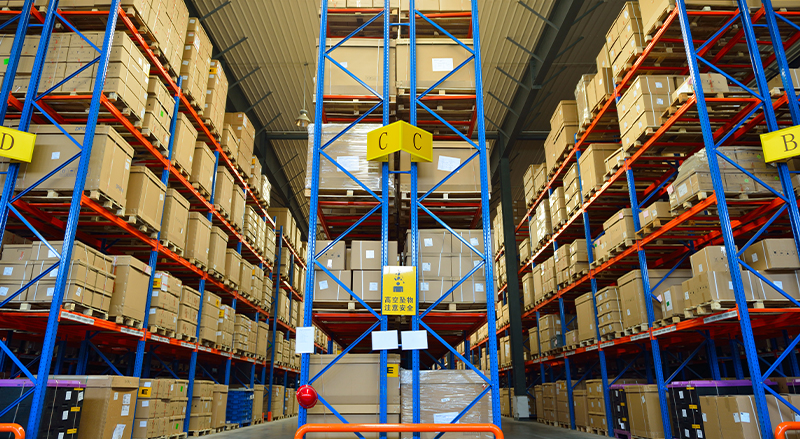UNISOT is a Web3 supply-chain traceability platform which uses the BSV blockchain to help global supply chains for everything from food to clothes, electronics and cars, says Stephan Nilsson, Founder and CEO of UNISOT.
UNISOT – which stands for ‘universal source of truth’ – provides global interoperability which means that all of the companies in the global supply chain can interact and send information to one another in a very secure and cost-efficient way. The second key offering which forms part of UNISOT’s product offering is data monetisation.
‘Companies don’t want to exchange information with one another normally as it’s a security risk and is very expensive to build specific interfaces between companies,’ said Nilsson.
‘By providing the global blockchain as the data layer for global interoperability and data monetisation, we give them the tool to share data and the economic incentive to do so.’
Digital product passports built on blockchain
These unique features allow companies to prove the quality of their product. Nilsson said that this includes:
- Proving that products are sustainable;
- The origins and provenance of products;
- The quality and safety of products;
- The ingredients of the products;
- The environmental impact of products;
- That the products are ethically-sourced.
Nilsson said that these features are becoming increasingly necessary as the European Union moves to introduce digital product passports. This means that every product sold in the region must have a passport describing the product and where it comes from. UNISOT offers this on four different levels:
- Product branding – Including general product and marketing information. It also includes the producer’s story through pictures, videos, and text.
- Provable product information – This includes data on the attributes, locations, ingredients, provenance, chain-of-custody, and sustainability of products.
- A consumer communication channel – This enables customers to give feedback about their experience of the product to gain quality consumer insights.
- Support badge/Certificate (NFT) – Enable customers to economically support a producer or other charitable causes that the producer chooses to support.
Supplier mapping via blockchain
UNISOT’s tools also allow companies to track the supplier of a product to an incredibly granular level, allowing them to perform due diligence in line with the new EU regulations.
‘When we engage all the actors in a supply chain and we store the information securely in the blockchain, we can get very detailed product traceability or chain of custody. This can be used for product recalls. For example, if you find that one of the ingredients in your product is bad, you can now follow the whole supply chain through, all the way to the end consumer.
‘It also works the other way round, and consumers can scan a QR code on a package and follow every single ingredient on a package. This helps enable the circular economy.’
Nilsson added that companies can easily track other discrepancies within the supply chain using these features – including water wastage or failing to register waste properly.
